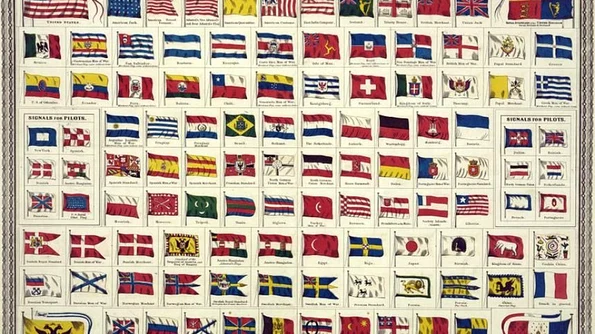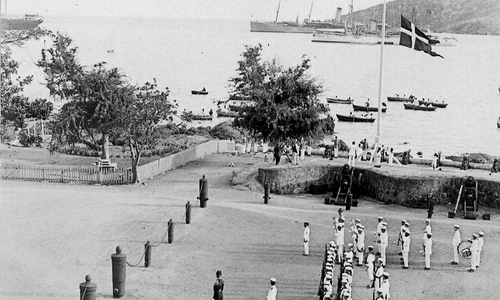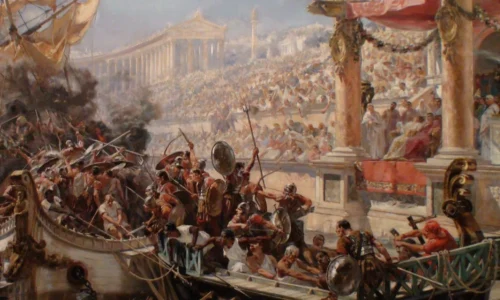
Why do we celebrate the National Day?
Have you ever wondered what it means to celebrate a country’s national day? I mean really thinking of it? Just going out to see the military parade or hear the concerts set up for that occasion, because “everybody does it”, it’s not a valid answer. So, let me share my two cents on what a National Day may mean to a 21stcentury country.
Apparently, we’ve left behind the late 19thcentury and the 20thcentury with all their upheavals and national unrest. For instance, it meant so much more for say 1920 Third Republic to celebrate its national day rather than nowadays Fifth Republic. The year 1920 was more meaningful to the French politicians and people rather than 2014. 1920 France was the country who won over Germany in the First World War, the country whom supposedly the UK was thinking it as the next European hegemon. However, France’s northern industrial territory was almost destroyed by the war and its Great Power status has been severely undermined. Yet, Paris was still on the map as a country and as one of the winners of the Entente.
Therefore, the year 1920 had much more significance for Paris than maybe 2014. People were celebrating the defeat of Germany on the streets believing that finally France has shown its true colours. Yet, nowadays, we seem not to get these kind of nationalistic exultations anymore, which is a really good sign of superiority of judgment and mentality. However, although we claim this and Europe, well Western Europe, was keen on creating a supranational union where these national feelings would be kept under radar and, of course, tamed to the point of disappearing, it has not been so.
Inside the EU, besides other reasons, a fair level of nationalism has been keeping countries from achieving a greater level of cohesion and acting as a real union in its foreign policy. Thus, other actors such as Russia have used their National Day Celebration to send mixed messages to the European Union. On its national day, Moscow reverts the name of the Volgograd city to the old one:Stalingrad. Therefore, Kremlin not only uses this occasion to demonstrate its military prowess, but to always remind its ex-Allies and enemies that Russia has not forsaken its old values and objectives.
To be more specific, Russia is still celebrating the victory at Stalingrad over its former enemy – Germany. Yet, Berlin – although it underwent an identity change after 1945 – is still an actor and an important one in nowadays Europe. For a country to be praising another’s defeat of more than 70 years ago, it is not very diplomatic move to be done in a 21stcentury world. So, apparently, we did not leave everything which caused frictions behind, yet we’d like to believe that the realm of International Relations and the way countries and peoples view each other have changed to a more accepting and adjusting mentality.
Again, the example of Russia and its desire for territorial aggrandizement has drastically altered that view. Crimea has now become part of the Russian soil again after in 1964, Khrushchev deemed it necessary that it should be part of the Ukrainian Soviet Republic. Therefore, the military demonstrations to prove its prowess were following a clear plan of rebuilding the country’s image and also, increasing its national territory.

This brings us back to the initial question:what does to celebrate the national day mean? As we prepare to see the 1stof December demonstrations in Bucharest, this question still lies heavily upon us. Romania has just succeeded in demonstrating that it believes in the European democratic values and it should clearly be a member of the EU. Moreover, by electing Klaus Iohannis, Romania has rendered null the claims of the Hungarian ethnics who have made clear their wish for an autonomous region.
I hope that tomorrow, besides the military parade, Romania’s vote and its demonstration for democracy is also going to be celebrated. The latter are more important than any guns and army, because“people should not be afraid of their governments. Governments should be afraid of their people.”
“Beneath this mask there is more than flesh. Beneath this mask there is an idea and ideas are bulletproof”.
Quotes from the movie V for Vendetta (2005)















